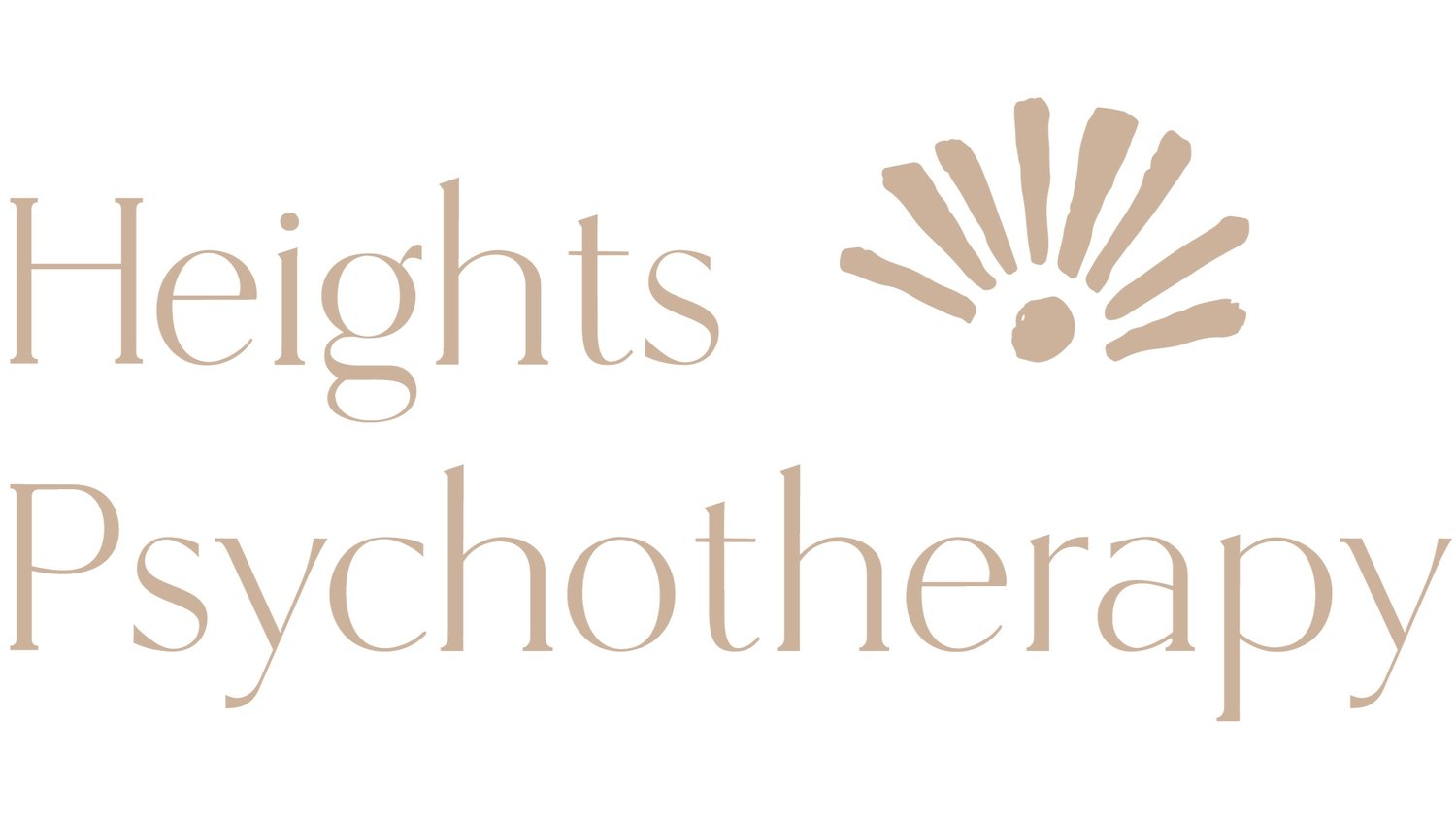Self-Care Strategies for Moms: How to Overcome Postpartum Depression
In the whirlwind of new motherhood, the joy of welcoming a baby can sometimes be overshadowed by the challenges of postpartum depression. Finding effective self-care strategies is crucial for mothers to navigate this delicate phase with resilience and support. Discover ways to nurture your mental well-being and overcome postpartum depression with the following techniques.
Understanding Postpartum Depression
Postpartum depression is a serious condition that affects many new mothers, characterized by feelings of sadness, anxiety, and exhaustion. Symptoms may include irritability, loss of appetite, feelings of guilt, difficulty bonding with the baby, and recurring thoughts of harming oneself or the baby.
It's important for moms to recognize the signs and symptoms early on to seek the necessary support and treatment. History of depression/anxiety, hormonal changes, lack of sleep, and the demands of caring for a newborn can all contribute to the onset of postpartum depression. Postpartum depression occurs after the baby blues, typically 6 weeks, and the effects can last for years without being treated.
The pressure to be a perfect mother, combined with societal expectations and the physical toll of childbirth, can exacerbate feelings of inadequacy and overwhelm. Understanding that postpartum depression is a common and treatable condition can help mothers feel less isolated and more empowered to seek help.
You will always hear me say that self-care is building a life you don't have to escape from! It's essential for mothers to prioritize their mental health and well-being, as caring for a newborn can be physically and emotionally draining. Seeking professional help, building a support system, and implementing self-care strategies are key steps in overcoming postpartum depression and fostering a positive maternal mental health journey.
Self-Care Techniques to Cope with Postpartum Depression
Practicing self-compassion is vital for moms dealing with postpartum depression. Acknowledge your feelings without judgment and allow yourself grace during this challenging time. Engaging in mindfulness activities like meditation, deep breathing, or postpartum yoga can help calm the mind and reduce stress levels.
Finding moments of respite is crucial for mothers. Whether it's taking a short walk, or simply resting while the baby naps, carving out time for yourself each day can recharge your mental and emotional reserves. Prioritizing sleep and nutrition also play a significant role in improving mood and overall well-being.
Connecting with other moms who may have experienced postpartum depression can provide invaluable support and understanding. Joining a support group, seeking therapy, or engaging in online communities can help combat feelings of isolation and offer a sense of belonging during a challenging period. Remember, you are not alone in this journey.
Incorporating physical movement into your routine can boost your mood and energy levels. Whether it's a short walk, yoga session, or dance workout, moving your body releases endorphins that enhance feelings of well-being. Establishing a routine that includes movement can be a powerful tool in combating the symptoms of postpartum depression.
Remind yourself that it's okay to ask for help and take time for self-care without guilt. Engage in activities that bring you joy and fulfillment, whether it's reading a book, listening to music, or spending time in nature. Prioritize activities that recharge your spirit and uplift your mood.
Lastly, ask for help. Create a list of tasks that guests can do when they visit you and the baby. Put the list on your refrigerator and point to it when they ask how they can help you. The list can include cleaning, laundry, cooking, and running errands for you to be able to rest and recover, especially during the newborn phase.
Remember, everything is about the baby now. By incorporating self-care strategies into your daily routine it can significantly impact your mental health as a mom. By prioritizing your well-being, you empower yourself to face postpartum depression with strength and resilience.

